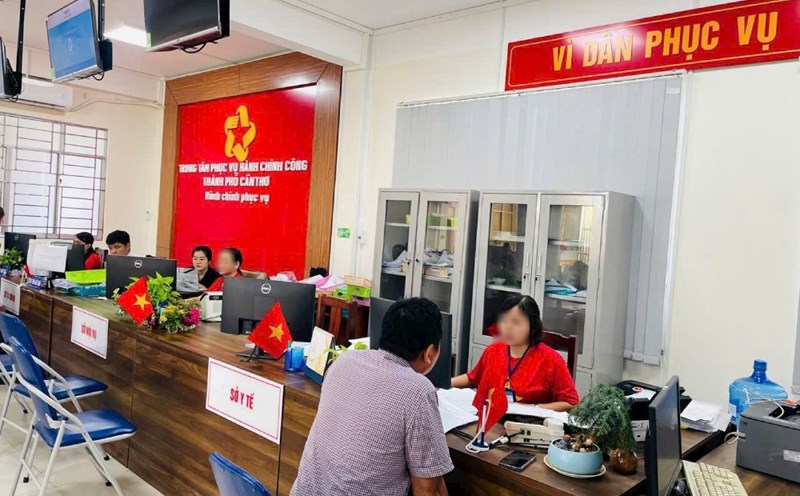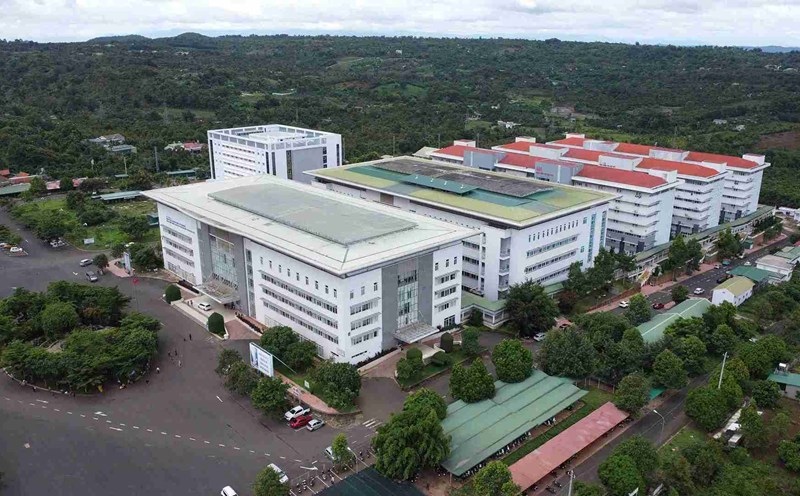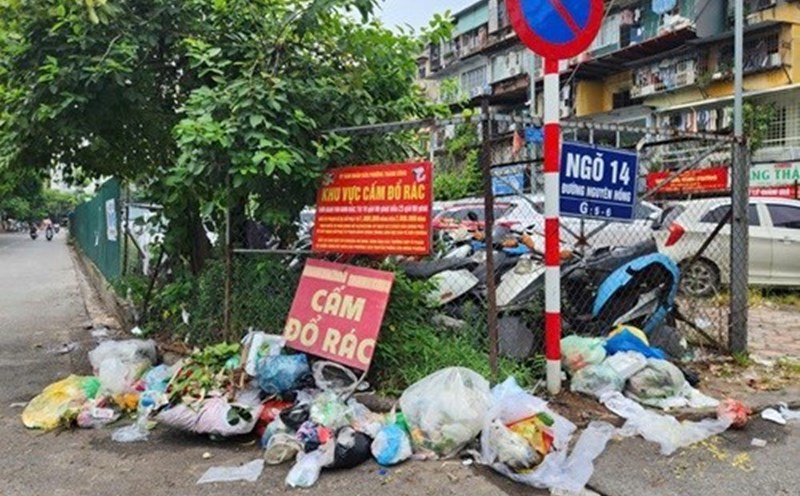On September 19, the Office of the International Labor Organization (ILO) in Hanoi said that the first Regional Dialogue on Life Salary event co-organized by ILO and the Government of Sri Lanka will take place on September 23 with the participation of representatives of the Ministry of Home Affairs of Vietnam and the Vietnam Federation of Commerce and Industry.
Regarding the minimum wage, Ms. Kaori Nakamura-Osaka - ILO Deputy Director General and Director of the ILO Asia - Pacific Office - analyzed: Asia - Pacific is the region with the largest labor force in the world. In recent years, the region has shown remarkable resilience, with real wages (wages after inflation adjustment) continuing to increase even as this trend has declined in many other places in the world.
However, the story of wages does not stop there. The salary situation in each country is very different. The Asia-Pacific region still has 1.3 billion vulnerable workers - including women, shift workers, people with disabilities and informal workers - struggling with low wages, poor working conditions and rising living costs. The increase in average wages does not mean that the purchasing power of workers will increase; and even if purchasing power is improved, that increase may not be enough to ensure a satisfactory standard of living.
The minimum wage - the lower floor mandatory by law - is designed to protect workers from the situation of too low a salary. The minimum wage is adjusted over time, but that does not mean, of course, ensuring a minimum living standard or bringing in remuneration to meet the needs of workers and their families. This is where the concept of a salary enough to live on changes the situation: focusing on whether workers have enough income to ensure a satisfactory standard of living for themselves and their families.
A living wage can be achieved through the process of establishing an inclusive salary, based on social dialogue between the government, employers and employees, along with collective bargaining, while addressing the root causes of the low salary situation.
In recent years, initiatives on living wages have attracted attention and achieved certain progress. However, these initiatives are often disjointed, not closely linked to national salary establishment mechanisms, not properly considering local economic practices, or not ensuring the full and effective participation of organizations representing workers and employers.
On September 23, ILO and the Government of Sri Lanka will co-organize the first Regional Dialogue on Enough to Live Salary within the framework of the Global Alliance for Social Justice. The Government, employers' and employees' organizations, the private sector and international partners will gather in Colombo to exchange ideas and shape solutions.
According to Ms. Kaori Nakamura-Osaka, an important highlight at this event is the announcement of the Asia-Pacific Digital Database on Minimum Wages - a pioneering online platform that compiles official data on minimum wages and related indicators, supporting evidence-based, transparent and unified social dialogue in establishing a decent and balanced salary.
To achieve real progress, the Asia-Pacific region needs to focus on 5 priorities, including: First, consolidating salary institutions to ensure substantial tripartite dialogue between the government, employers and employees, while promoting collective bargaining.
Second, ensure a balance between fairness and sustainability, meaning that wages meet the needs of workers and families while still reflecting economic reality.
Third, effectively exploit data to make wise and effective decisions.
Fourth, linking initiatives on living wages so that the efforts of the private sector and civil society are linked to ILO principles and the national framework.
Fifth, solve inequality and the root causes of low wages by reducing informal situations, promoting decent jobs, improving productivity, and ensuring that all workers enjoy a fair share of the economic development results.









